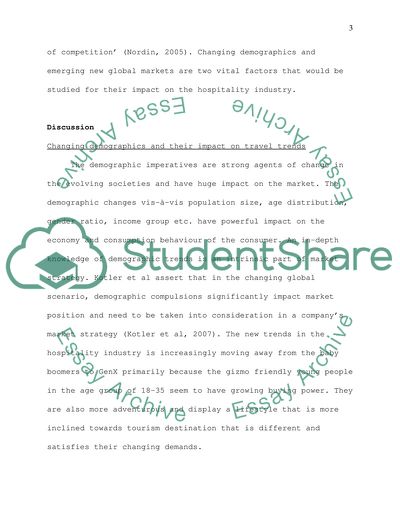Cite this document
(Major Issues in the Hospitality Industry Dissertation - 1, n.d.)
Major Issues in the Hospitality Industry Dissertation - 1. Retrieved from https://studentshare.org/tourism/1730388-the-international-society-of-hospitality-consultants-ishc-produced-a-report-in-2006-that-outlined-the-top-10-issues-in-the-hospitality-industry-for-2007-they-were
Major Issues in the Hospitality Industry Dissertation - 1. Retrieved from https://studentshare.org/tourism/1730388-the-international-society-of-hospitality-consultants-ishc-produced-a-report-in-2006-that-outlined-the-top-10-issues-in-the-hospitality-industry-for-2007-they-were
(Major Issues in the Hospitality Industry Dissertation - 1)
Major Issues in the Hospitality Industry Dissertation - 1. https://studentshare.org/tourism/1730388-the-international-society-of-hospitality-consultants-ishc-produced-a-report-in-2006-that-outlined-the-top-10-issues-in-the-hospitality-industry-for-2007-they-were.
Major Issues in the Hospitality Industry Dissertation - 1. https://studentshare.org/tourism/1730388-the-international-society-of-hospitality-consultants-ishc-produced-a-report-in-2006-that-outlined-the-top-10-issues-in-the-hospitality-industry-for-2007-they-were.
“Major Issues in the Hospitality Industry Dissertation - 1”, n.d. https://studentshare.org/tourism/1730388-the-international-society-of-hospitality-consultants-ishc-produced-a-report-in-2006-that-outlined-the-top-10-issues-in-the-hospitality-industry-for-2007-they-were.


